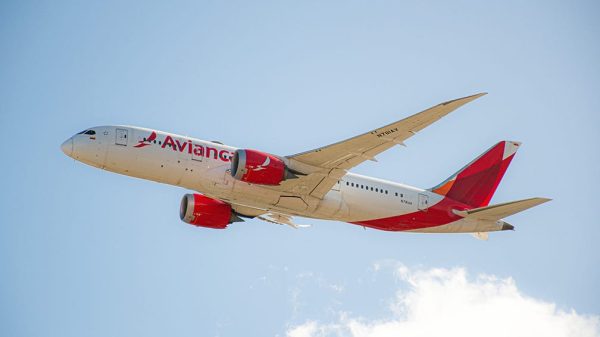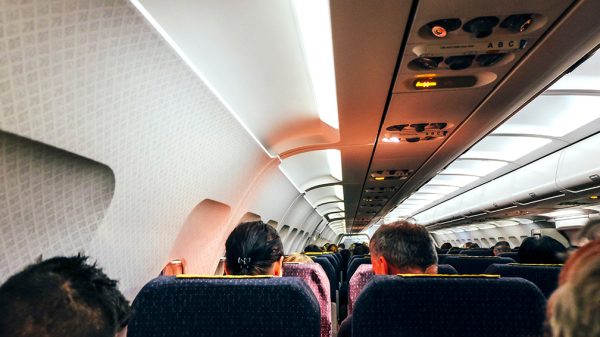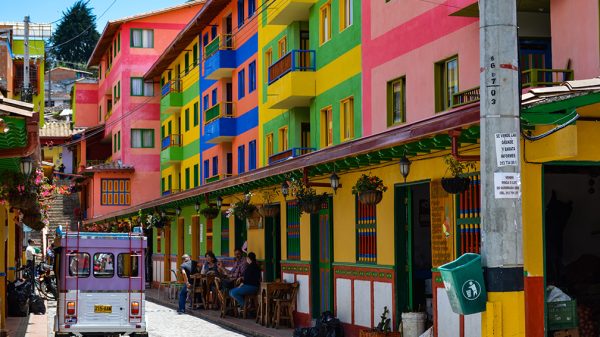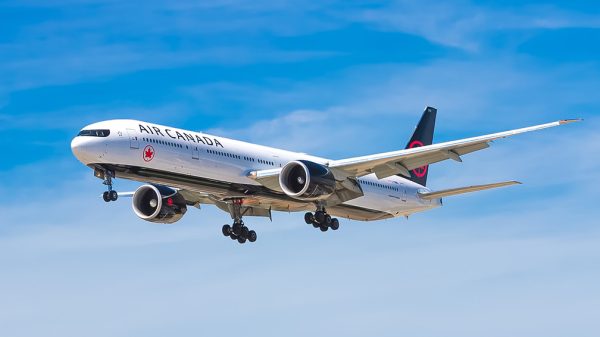September 29. Reports of anti-social behaviour among tourists seem like a daily occurrence but the advent of smartphone cameras and social media mean that incidents that may have been quickly forgotten in the past can now be captured on camera and shared thousands of times online. Drawing attention to the issue may normalise abusive behaviour or mean that some travellers are already looking for trouble before their journey starts.
Compounding that, Simple Flying notes that the “sharp rise in disruptive passengers during the pandemic” was accompanied by more aggression. The pandemic, and the “polarized geopolitical environment” around it, had a “unique effect on the mental health of passengers,” which, it is argued, effectively “primed many passengers for conflict” and led to “more disruptive incidents in the cabin and on the ground.”
A unified approach from the industry is seen as the first step. One of the difficulties in dealing with problem passengers is that flights are global and passengers are varied when it comes to nationality, meaning that authorities do not always have the right to pursue cases through the courts.
It was high levels of collaboration, for example, that allowed an Easyjet flight from Liverpool to Tenerife South earlier this year to deal effectively with a group of about 12 passengers who became disruptive. A quick landing procedure was triggered to mitigate any delays on the ground and police boarded the plane before any passengers disembarked.
To facilitate similarly effective responses in the future, IATA is supporting the International Civil Aviation Organization’s (ICAO) Montreal Protocol 2014, or MP14. Signatories agree to grant the relevant jurisdiction for authorities to tackle problem passengers through legal pathways.
Source: Travel to Tomorrow












